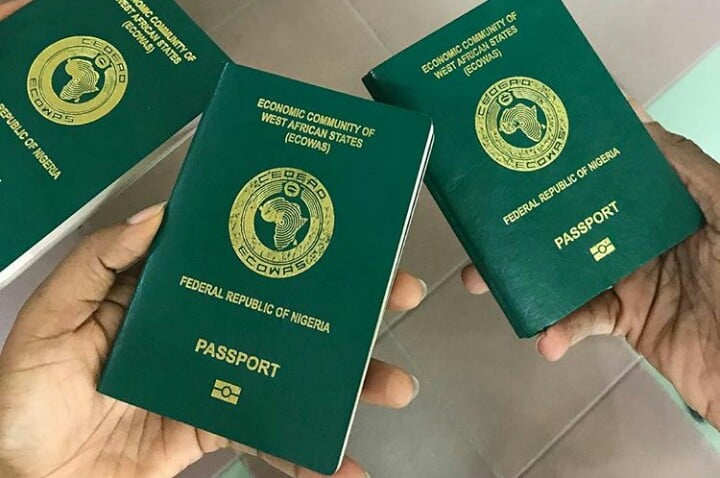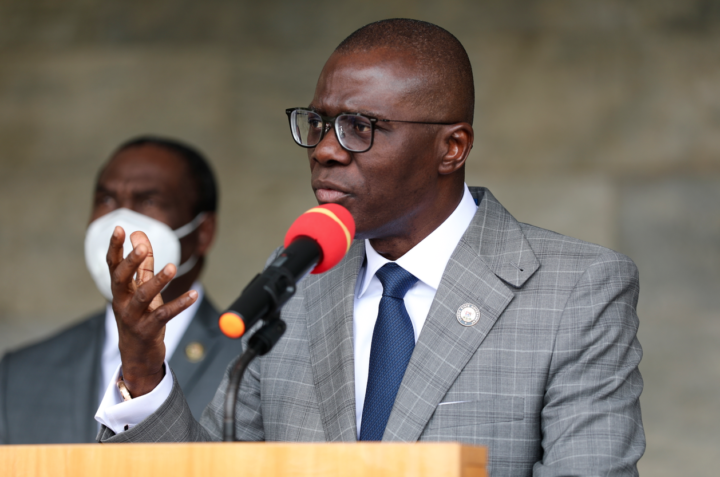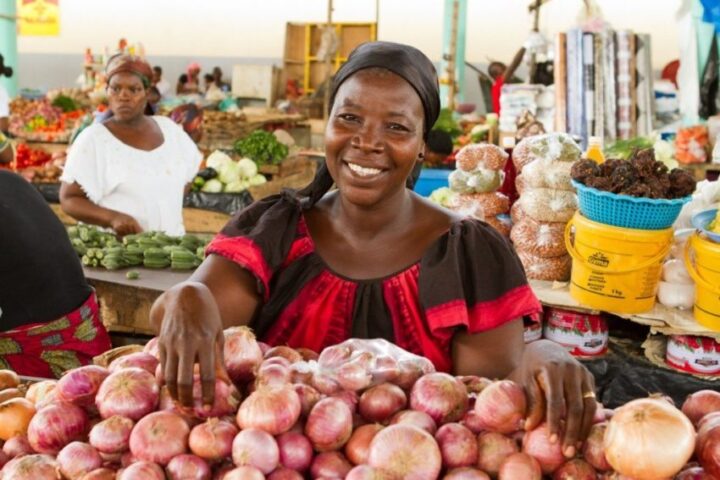The World Health Organisation (WHO) says Nigeria and 54 other countries in its health workforce support and safeguard list are struggling with personnel shortages.
The organisation said with the impact of COVID-19 and widespread disruptions to health services, health workers in these countries continue to seek better-paid opportunities in wealthier nations.
The WHO said of the 55 countries, 37 are in Africa, eight are in the Western Pacific region, six are in the eastern Mediterranean region, three are in the south-east Asia region and one is in the Americas.
Some of the countries include Angola, Ghana, Ethiopia, Nigeria, Zimbabwe, Zambia, Afghanistan, Pakistan, Haiti, Congo, Sudan, and Papua New Guinea.
Advertisement
According to the WHO, the affected countries have universal health coverage (UHC) service coverage index below 55 and health workforce density below the global median of 49 medical doctors, nursing and midwifery personnel per 10,000 people.
The WHO said the countries are vulnerable because they do not have enough health workers required to achieve the UN sustainable development goal target by 2030.
“These countries require priority support for health workforce development and health system strengthening, along with additional safeguards that limit active international recruitment,” the statement reads.
Advertisement
“The WHO health workforce support and safeguard list does not prohibit international recruitment, but recommends that government-to-government health worker migration agreements be informed by health labour market analysis and the adoption of measures to ensure adequate supply of health workers in the source countries; engage Ministries of Health in the negotiation and implementation of agreements; and specify the health system benefits of the arrangement to both source and destination countries.”
Tedros Ghebreyesus, WHO director general, said health workers are the backbone of every health system, and yet some of the world’s most fragile health systems do not have enough and many are losing their health workers to international migration.
“WHO is working with these countries to support them to strengthen their health workforce, and we call on all countries to respect the provisions in the WHO health workforce support and safeguards list. The list should be used to inform advocacy, policy dialogue at all levels and financing efforts in support of health workforce education and employment in these countries,” he said.
Since the onset of the COVID-19 pandemic, Nigeria has lost many of its doctors, leaving hospitals understaffed, and available personnel overwhelmed.
Advertisement
TheCable published a report in September 2022 highlighting why doctors were leaving the country and efforts to address the issue.






